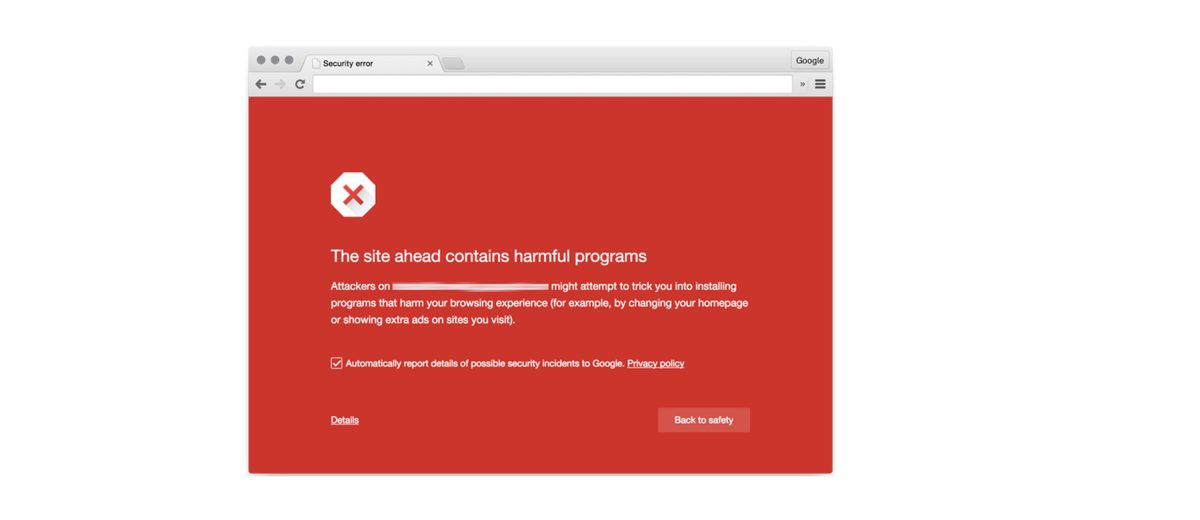Have you ever been to a website that you were at only days ago just to see a malware warning in your browser to tell you to go no further, or you run risk of a security threat? Lot’s of people actually have, and some sites don’t display a warning because they either haven’t been caught yet, or they’re in Google’s graces.
What are Malware Sites?
Malware sites are created to disrupt and steal data. Gone are the days of Google giving the site owners a chance to redeem themselves, now things are getting serious. No matter the appeal, if you are a site that is created for malware, phishing or other malicious purpose, you’re days are numbered and there is no forgiveness.
Google’s decisions are irrevocable for 30 days, with no possibility for appeal. After the 30-day period has expired, webmasters can request that Google review the status of their sites.
From Google:
“As a result of this gap in user protection, we have adjusted our policies to reduce risks borne by end users,” Google said in a post on its Security Blog. “With regards to Safe Browsing-related policies, repeat offenders are Web sites that repeatedly switch between compliant and policy-violating behavior for the purpose of having a successful review and having warnings removed.”
Don’t Panic!
Now before panic sets in (if you’re a site owner) relax, Google isn’t coming for you. Websites that have been hacked by a third party are subject to the new policy. But that doesn’t mean you should, or will be allowed, to ignore your compromised website and have it remain online.
Google has ways to say something without saying more than they should sometimes. If your site is compromised and you are reported, and fail to correct it, then you can expect to be under this policy as your site is now a part of the problem Google wants to correct.
Having a website is a responsibility that a lot of website owners neglect because of time spent needed running their business, or trust given to a freelancer that just doesn’t have the resources to safe guard you against this. Contact Element 502 about how we help protect, and fix, compromised websites and advocate for them in the event of Google backlisting them.

